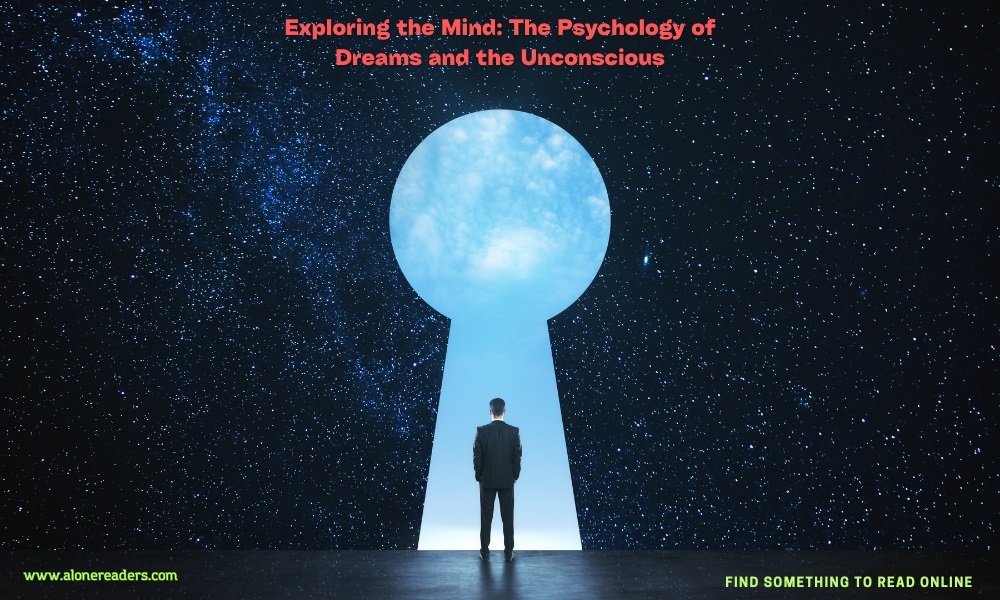
Dreams have fascinated humans for centuries, serving as a gateway to the unconscious mind where our deepest thoughts and emotions reside. Dream psychology, a subfield of psychology, explores the meanings and functions of dreams, offering insights into our mental and emotional lives. Sigmund Freud and Carl Jung, pioneers in the field, laid the groundwork for understanding dreams as vital communications from the unconscious mind.
The unconscious mind, a concept popularized by Freud, represents a reservoir of feelings, thoughts, urges, and memories outside of our conscious awareness. Dreams are one of the ways the unconscious mind communicates with the conscious mind. This communication often happens through symbolic images and scenarios, which, while seemingly nonsensical, hold significant personal meaning.
Sigmund Freud: The Wish-Fulfillment Theory
Freud's theory of dreams suggests that they are a form of wish fulfillment. He proposed that dreams allow us to experience the fulfillment of repressed desires that cannot be satisfied in waking life. According to Freud, dreams are often symbolic and need to be decoded to understand the latent content hidden behind the manifest content—the actual dream images and actions.
Carl Jung: Dreams and the Collective Unconscious
Carl Jung, on the other hand, introduced the concept of the collective unconscious—a shared reservoir of experiences inherited from our ancestors. Jung believed that dreams connect us to this collective unconscious, using archetypes and universal symbols. Unlike Freud, Jung saw dreams not just as personal expressions of unconscious desires, but as also offering solutions to problems and preparation for future challenges.
Sleep researchers have identified several stages of sleep, including REM (rapid eye movement) and non-REM stages. Dreams are most frequent and vivid during REM sleep. The purpose of dreaming remains a subject of ongoing research and debate. Some theories suggest that dreams help in emotional regulation, problem-solving, and processing memories.
While Freudian and Jungian theories laid the foundations, modern psychology has developed new methods for dream analysis. Cognitive-behavioral approaches, for example, focus less on symbolic interpretation and more on how dreams reflect our waking thoughts and behaviors. Contemporary researchers also study how dreams can improve cognitive functions and emotional well-being.
Dreams hold significance in many cultures worldwide, often used for spiritual guidance and prophecy. Historical records from ancient civilizations like Egypt and Greece show that dreams were believed to be divine messages. This cultural perspective influences how individuals interpret dreams and recognize their importance in personal and spiritual growth.
Advancements in neuroscience and technology, such as EEG (electroencephalograms) and fMRI (functional magnetic resonance imaging), have enhanced our understanding of the brain during sleep. These tools help scientists observe the brain's activity in real-time, providing insights into the neurological aspects of dreaming.
Understanding dreams can have therapeutic implications. Dream analysis is used in psychotherapy to uncover underlying issues and enhance self-awareness. This approach can help address psychological disorders such as PTSD, anxiety, and depression, where patients may relive traumatic events or process fears through their dreams.